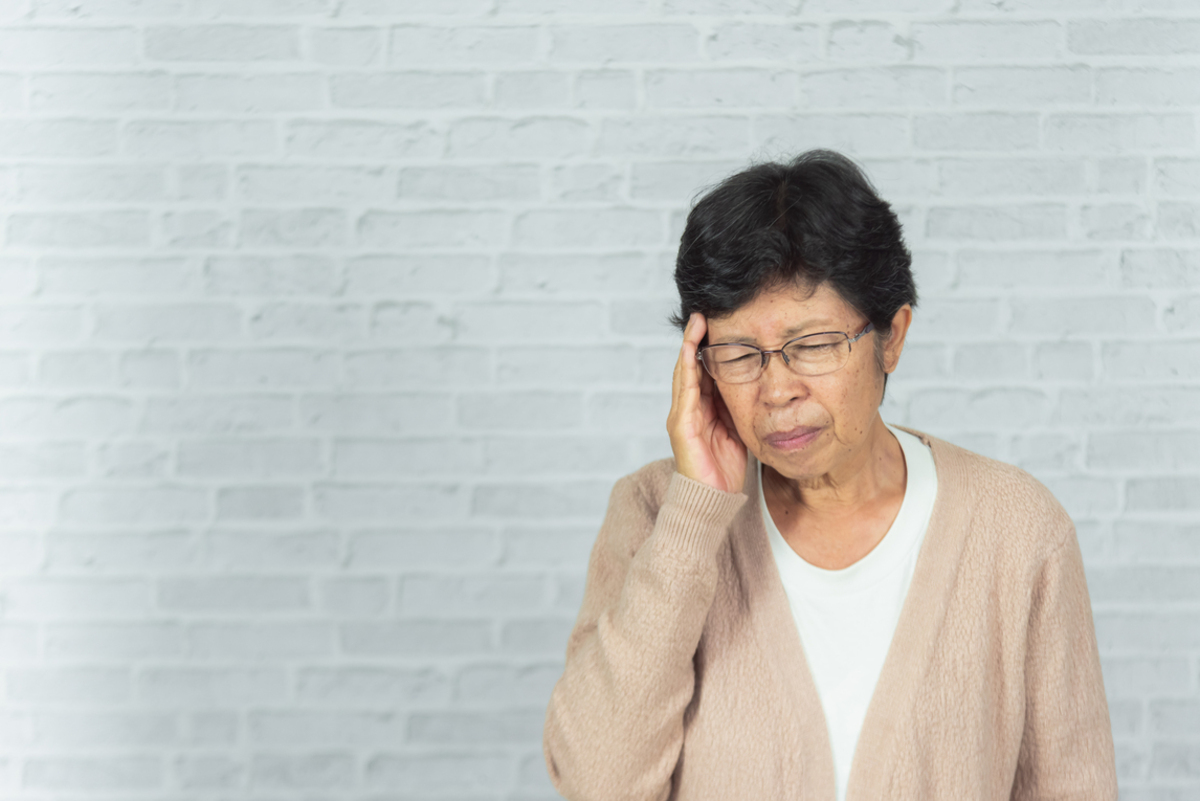Alzheimer's disease is a combination of numerous deficiencies that can add up to a reduced quality of life. Memory impairment, reduced muscle strength, and fatigue are some of the most likely symptoms associated with this disease. This article will dive into potential treatments for weakness and fatigue.

The link between Alzheimer's disease, weakness, and fatigue
Although there certainly seems to be a link between cognitive memory decline and fatigue, various studies have concluded that there is no link between amyloid accumulation and the development of memory decline seen in Alzheimer's Disease.
If you are unfamiliar with the term "amyloid," these are the misformed proteins that naturally accumulate in the brain as you age and are believed to be the main cause of mental aging and gradual decline in concentration. When other conditions like hypertension or strokes occur, the rate of these proteins forming in the brain increases, and Alzheimer's disease will manifest.
Nevertheless, even if there is no direct connection between the level of amyloid plaques and the level of fatigue a patient will experience, it is incorrect to say there is no association at all. Patients with Alzheimer's will typically have degenerations in numerous locations throughout the brain and as this occurs, patients will have a drop in a number of different important chemicals in the brain that can lead to depression. One of the major symptoms of depression is also fatigue and generalized weakness.
Another deeper link between Alzheimer's and fatigue is related to the circadian rhythm. With advanced age, a person will be unable sleep as much as they once did, as the brain notices a decline in REM-cycle sleep. As a result, the elderly will generally sleep less and less and also report a decline in the frequency of dreams. When a condition like Alzheimer's disease occurs, a patient will notice a more rapid reduction in sleep. This is another reason they will become more fatigued.
The last key symptom associated with an increased level of fatigue and weakness is the decline in muscle strength. Since Alzheimer's leads to mobility challenges, muscle strength will begin to decline. As the disease worsens, patients will become less confident in their movements and muscle fibers will begin to waste away. As a result of this deterioration, any effort to move can result in a patient becoming very fatigued.
Treatment options for fatigue and weakness in Alzheimer's patients
To treat this condition, it is important for the patient to partake in a variety of activities that help improve energy levels. The first type of activity we will focus on is staying active. Numerous studies have shown a link between exercise and depression. When a patient is more active, serotonin levels are boosted, so depressive symptoms are less severe. Another additional and significant benefit of routine exercise is the strengthening of muscles. The more a patient walks, the stronger the muscles will become. This will help improve energy levels and combat against early fatigue with low amounts of exertion.
Exercise may be a good method to help control some of the fatigue and weakness, but it is likely that a patient with Alzheimer's disease will also be suffering from depression and this is something that cannot be completely treated through exercise alone.
Depression is a combination of numerous symptoms like lack of energy, low mood, a decreased appetite, and problems with sleep and concentration. Unfortunately for patients suffering from Alzheimer's, these symptoms also mirror what is to be expected from depression. This is something that can be treated through antidepressant medications.
The most common and useful of these drugs are known as selective serotonin reuptake inhibitors (or SSRIs). These drugs are considered to be the gold standard for treating depression and are effective when it comes to mild, moderate, and even severe depression. Through this type of treatment, a patient's mood should improve, in turn increasing their energy levels, quality of sleep, and appetite.
The last worthwhile venture that someone who is experiencing a lack of energy and weakness as a result of Alzheimer's can benefit from would be medications designed to help fight against Alzheimer's disease.
As the brain degenerates, an important chemical in the brain called acetylcholine (ACh) is not able to function properly. This chemical is important for concentration and muscle movement, and helps the brain communicate with the rest of the body. The idea of this treatment is to increase the concentrations of the compound to allow the brain to have a chance to use it.
Memantine and donepezil are some of the most recognized medications that are able to fulfill this goal. They block enzymes that are responsible for digesting ACh so the chemical will be able to work for a longer period of time. Numerous studies show that patients who take these medications initially notice a significant improvement in their functioning. Their concentration will improve, energy levels will rise, and their muscles will function more normally.
Unfortunately though, this is not a permanent cure and most patients who are taking these types of medications will start to see their effectiveness wear off within a year of beginning the treatment. Although a few months of improvement may not sound substantial, considering the severity of the disease, this could be a very meaningful period for the family and friends of patients.
Some patients may also benefit from simple sleeping medications or antihistamines that have side effects of drowsiness in order to help improve their sleep. This will allow them to have a more restful sleep and improve their energy levels.


Your thoughts on this